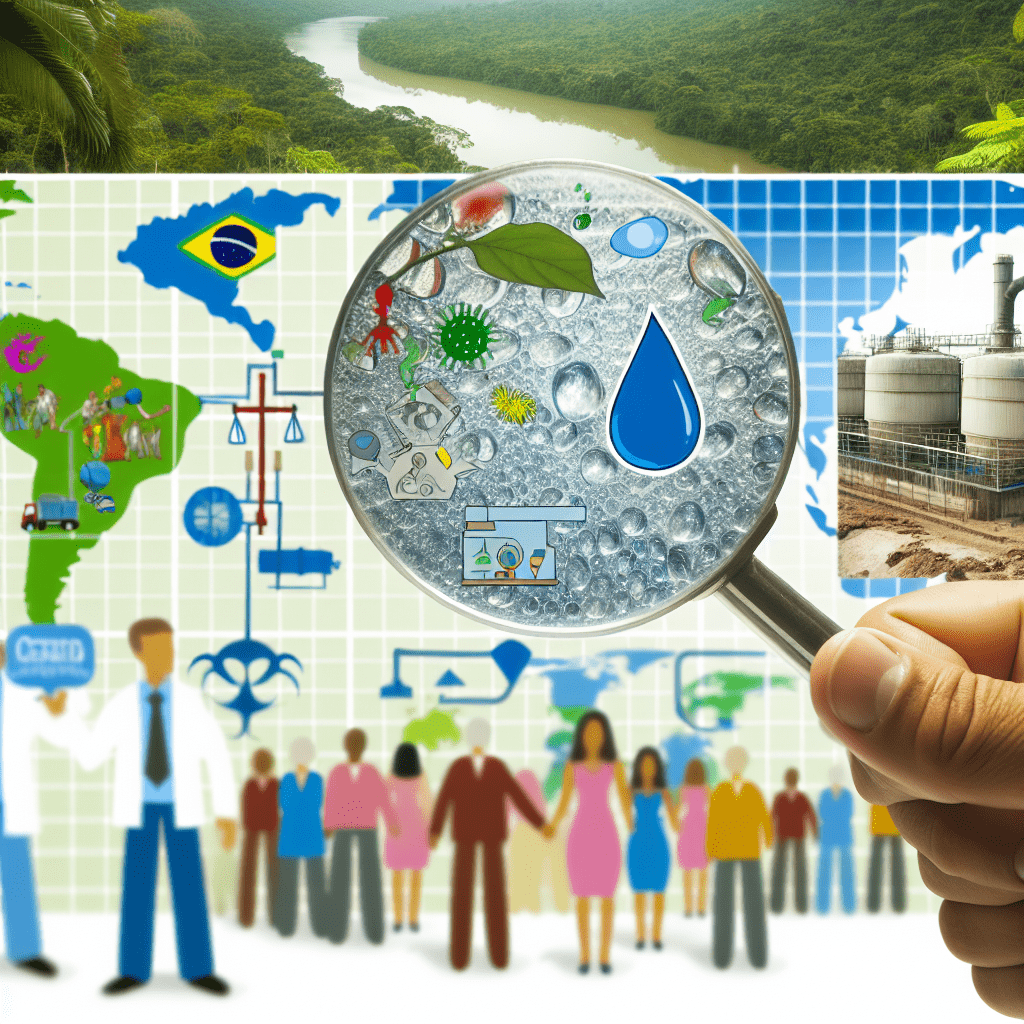”
Water, so often seen as infinitely abundant, can pose significant problems when its quality is compromised. This phenomenon rings especially true in Brazil, the largest country in South America, where water quality has emerged as a profound challenge. This article offers a critical examination of water quality issues in Brazil, their root causes, and outlines potential solutions.
Despite being home to 12% of the world’s freshwater, Brazil faces a wide range of water quality issues. A cocktail of industrial pollution, inadequate sewage treatment, deforestation, and climate change plays a major role in contaminating Brazil’s water bodies.
Brazil’s water problems are not limited to pollutants such as heavy metals, untreated sewage and agricultural runoff but also include the significant loss of aquatic biodiversity, and an increased risk to public health with the spread of waterborne diseases.
The Brazilian government has taken steps to combat these issues through the National Water Agency (ANA) and legislation such as Law No. 9,433 that promotes the rational use and protection of water resources. However, challenges persist, pointing to the need for more comprehensive solutions.
To maintain Brazil’s water quality, vast improvements in wastewater treatment infrastructure, enforcement of industrial waste policies, incentive for sustainable farming practices, and efforts to protect and restore watersheds are imperative.
Public awareness and community involvement are also critical to mitigate these issues. Implementing educational programs focusing on the importance of conservation, the perils of pollution, and strategies to protect water resources, can serve as a powerful tool.
In conclusion, while Brazil’s water quality issues are severe, they are not insurmountable. Through vigorous policy implementation, technological advancements, public education, and collaborative efforts, Brazil can secure the future of its water, and in turn, the wellbeing of its people and biodiversity.
By FountainGO!

